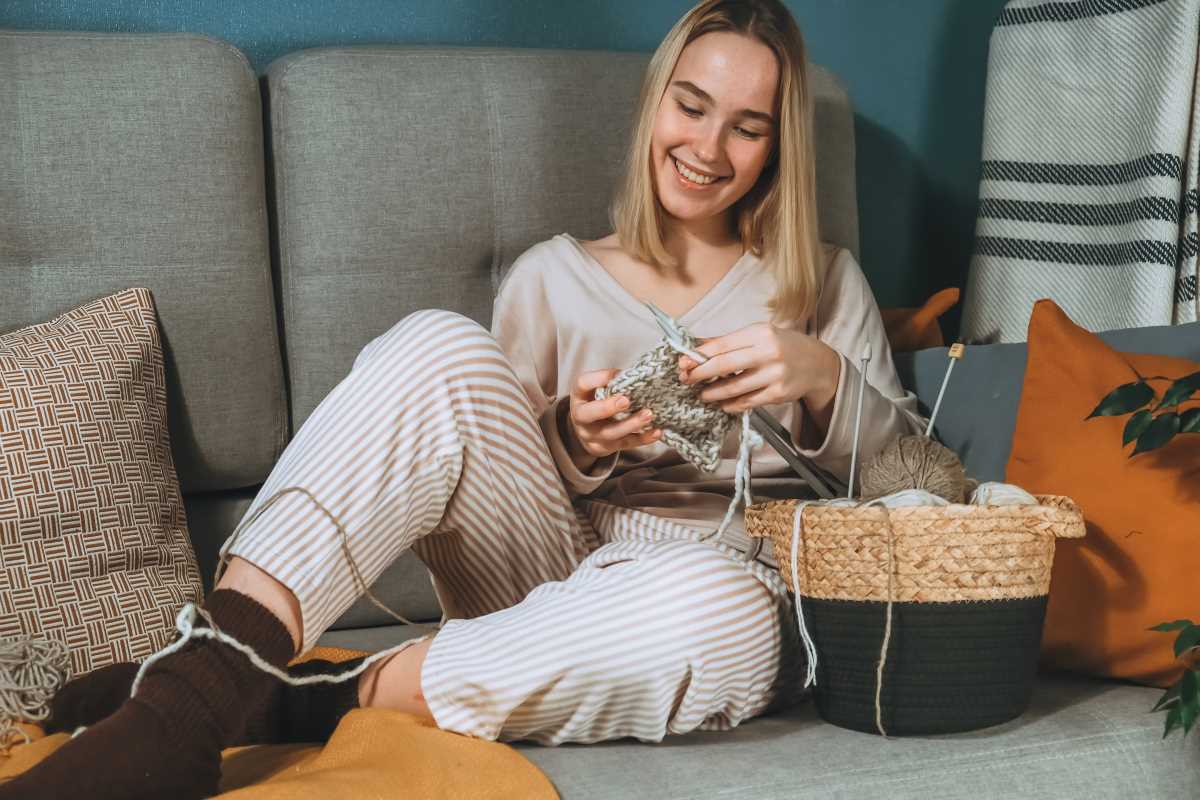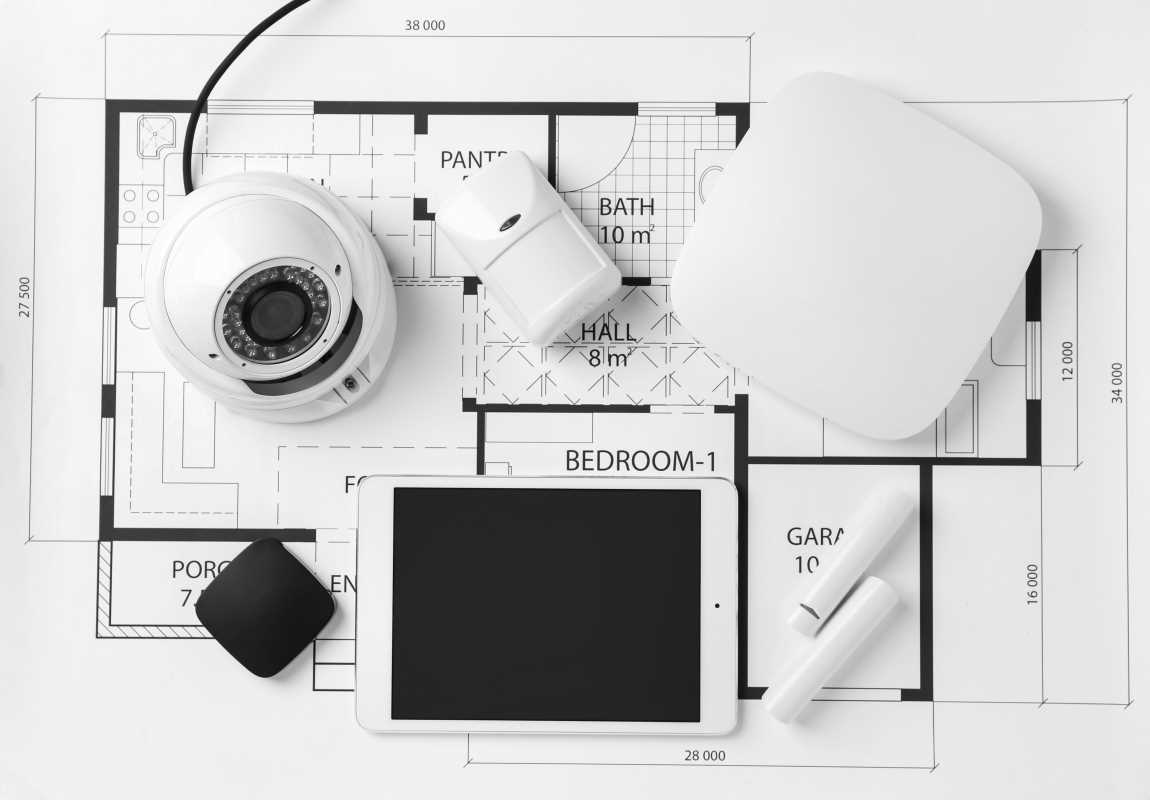Tackling loneliness isn’t easy, but building meaningful hobbies can transform how you spend your time and connect with others. Hobbies provide purpose, improve self-esteem, and open doors to new experiences and relationships. Whether you’re looking for solo activities or ways to engage with your community, hobbies are a rewarding way to combat loneliness and rediscover joy.
Understanding the Connection Between Hobbies and Loneliness
Hobbies are more than just pastimes—they can be lifelines when loneliness feels overwhelming. Engaging in meaningful activities helps shift your focus away from negative thoughts and provides a sense of accomplishment. When your mind is occupied with creating, learning, or exploring, it’s easier to find balance and contentment.
Hobbies also connect you to a broader world. Whether it’s through online communities, local clubs, or casual meetups, shared interests help build relationships. According to an article from Nicenews, "Engaging in Meaningful Activities Can Reduce Loneliness," participating in activities that resonate with your values and passions is one of the most effective ways to feel less isolated.
Exploring What Interests You
Finding the right hobby starts with understanding your interests. Consider what sparks your curiosity or what you’ve always wanted to try. This process doesn’t have to be intimidating—start with small steps and let your preferences guide you.
- Reflect on hobbies you enjoyed in the past. What brought you joy as a child or teenager?
- Think about activities that align with your current lifestyle. For example, if you love the outdoors, hiking or gardening might be a good fit.
- Try something new! Attend a workshop, borrow a book on a topic that intrigues you, or take an online class.
Don’t rush to settle on one hobby. The process of exploring different interests is part of the fun and can lead to unexpected discoveries.
Solo Hobbies for Self-Reflection and Growth
Solo hobbies are a great option if you’re looking for personal growth or quiet reflection. They give you the space to focus on yourself and develop skills at your own pace. Many solo activities also double as mindfulness exercises, helping you feel more grounded and centered.
- Journaling or creative writing: Express your thoughts and explore your imagination.
- Artistic endeavors: Try painting, sketching, or photography.
- Learning a skill: Pick up a musical instrument, learn a new language, or experiment with coding.
- DIY projects: Explore crafts like knitting, woodworking, or home improvement tasks.
Solo hobbies are flexible and can be adapted to fit your schedule, making them an excellent starting point for anyone navigating loneliness.
Using Hobbies to Connect with Others
While solo activities are valuable, hobbies that involve others can provide an additional layer of fulfillment. Participating in group activities helps you meet new people, strengthen social connections, and share experiences.
Consider joining clubs, workshops, or classes related to your interests. Many communities have organizations dedicated to hobbies like book clubs, dance classes, or sports leagues. Platforms like Meetup or Facebook Groups make it easy to find local gatherings.
If in-person activities aren’t an option, explore virtual alternatives. Online forums, video classes, and live-streamed events allow you to connect with others from the comfort of your home.
Hobbies That Give Back
Volunteering is a meaningful way to use your hobbies to help others while also feeling more connected to your community. Whether you’re mentoring, fostering animals, or participating in environmental projects, giving back creates a sense of purpose and fulfillment.
- Community gardening: Help maintain shared green spaces while meeting other volunteers.
- Knitting or crafting for charity: Create items like scarves or blankets for those in need.
- Teaching or tutoring: Share your skills with others through workshops or mentoring programs.
- Environmental cleanups: Join local groups working to protect parks or beaches.
These activities help you build bonds with like-minded people while making a positive impact.
Incorporating Hobbies into Your Routine
Finding time for hobbies can be a challenge, but making them part of your routine ensures they become a lasting source of happiness. Start by dedicating a specific time each week to your chosen activity. Treat this time as non-negotiable—an appointment with yourself to recharge and grow.
- Identify small pockets of time, like evenings or weekends, to focus on your interests.
- Set up a dedicated space for your hobby to minimize distractions.
- Start with manageable goals, such as 15 minutes a day or one project per month.
Consistency is key. Even small efforts can lead to meaningful progress and long-term benefits.
Overcoming Common Challenges
Sticking to a new hobby can sometimes feel difficult, especially when life gets busy or motivation wanes. To keep yourself engaged, remind yourself of the reasons you started and celebrate your achievements along the way.
Here are a few strategies to stay committed:
- Break tasks into smaller steps to make them less overwhelming.
- Share your progress with friends or join a community for encouragement.
- Rotate between different hobbies to keep things fresh and exciting.
If you lose interest in a particular activity, don’t be discouraged. It’s perfectly fine to move on and explore something new.
Hobbies are more than just a way to pass the time—they’re a gateway to personal growth, connection, and joy. Whether you’re diving into a creative pursuit, joining a local club, or using your skills to give back, hobbies can transform your experience of loneliness into one of discovery and purpose.







